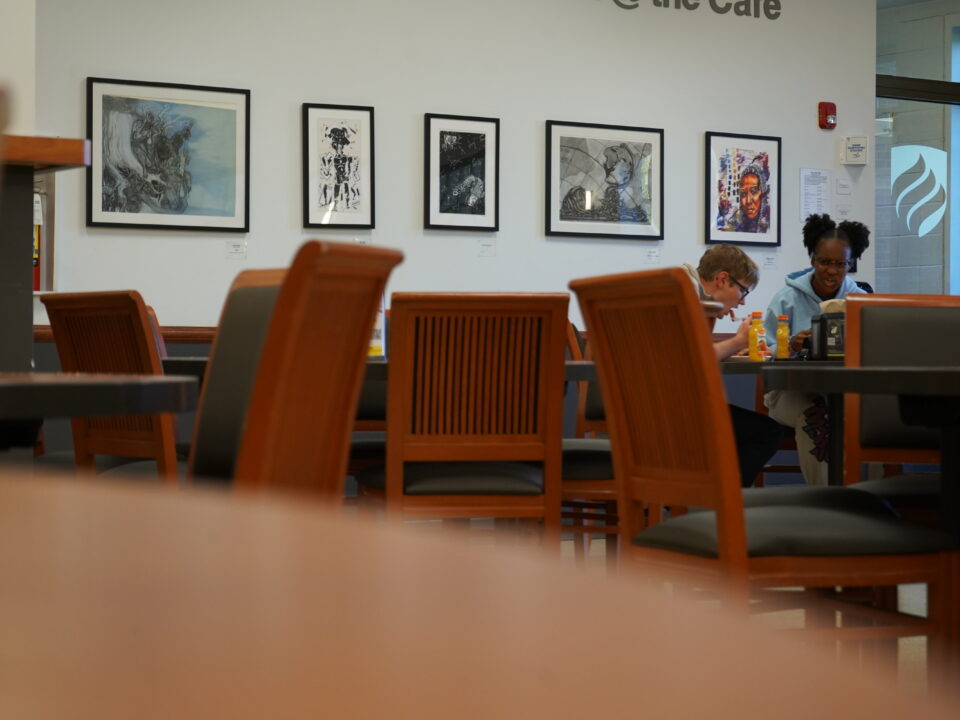Make student input the standard

There are too many mundane things to criticize Elmhurst College for, and the removal of Reading Day is no exception. However, the problem lies not in the decision, but the lack of consistency in the decision making process, especially with the inclusion (or exclusion) of student input.
With the decision to remove Reading Day for the 2019-2020 academic calendar, students were left in the dark, and that is not right, especially when it affects them directly.
When the discussion of whether or not the name change should happen from Elmhurst College to Elmhurst University, it seemed that everyone from The Leader to President VanAken were asking for student input through surveys, and while that decision was a bigger deal, students, along with alumni and donors, were asked because it would impact them to some degree.
That decision was an ongoing conversation, and after looking at all the data, the decision was made; however, it seemed Reading Day did not receive the same process, or that it was not made public at least.
Students use Reading Day in a variety of ways, and it often serves as a de-stress buffer for those who may be swamped with finals. However the student chooses to use Reading Day, it was an important day for students, and only a select few were asked about this decision, but those select few cannot represent the entire student body, and in this case, their decision impacted everyone.
Students should be a part of the conversation. While larger schools may be able to get away with it (that does not mean they should), smaller schools like EC are too small to not include their students.
When we say include students, it means more than just going off of student leader input, which seems to be favorite way that EC gains insight into the “student experience”. Unfortunately, you cannot gauge the student experience just off a handful of student leaders.
This lack of student input is bigger than just the Reading Day decision. Who knows how many decisions were made under our noses without us so much as being asked? A big example of this is the tuition increase that happens every year.
Although appearing as a small percentage, the price difference can be the reason a student leaves the college, yet every year the decision is made without any student input. The people making the decisions are not being affected as much as those on the other end, yet our voices are never heard.
It seems that more frequently we, the students, are hearing the decisions made after the fact, and very rarely is the greater student body asked for input. It should not be a rare occurrence.
From tuition increases to a simple calendar change, students have every right to at least be asked their opinions. Whether they choose to do so is on them, but the offer should still be made. Sending out a survey just is not that difficult.


